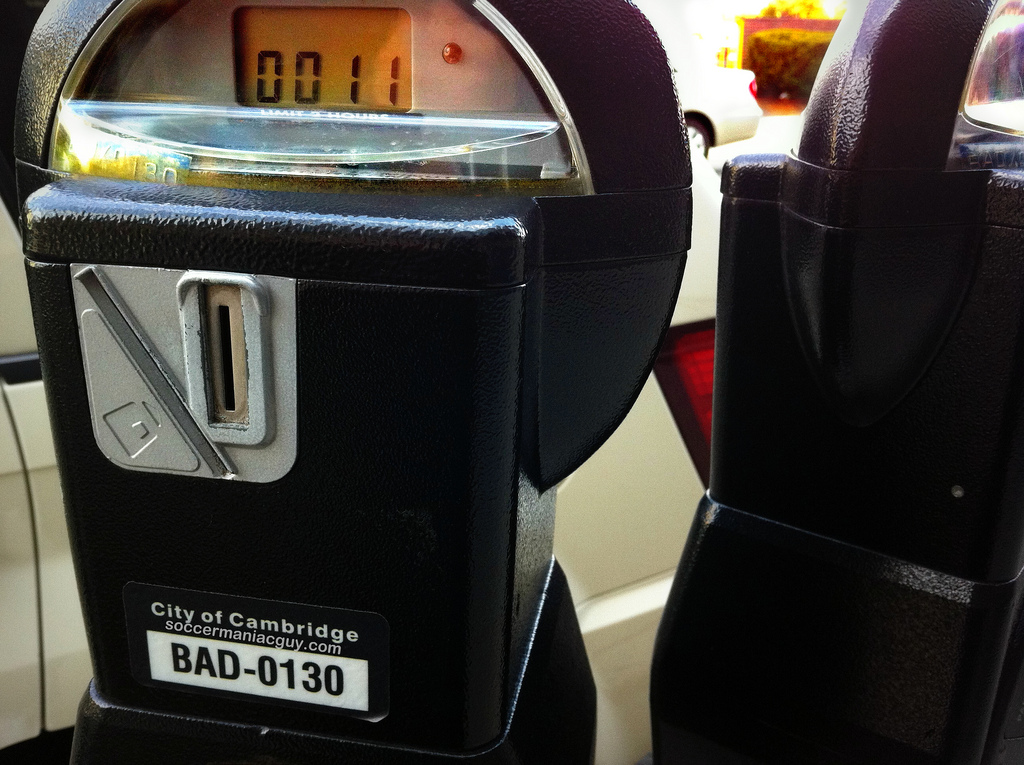
In Boston, the issue of finding reliable and affordable parking is a major pain point for residents and visitors. A number of startups have emerged over the past year in hopes of providing solutions to this frustrating problem, and the City of Boston has taken several steps toward easing the stress, as well. Across the Charles River, Cambridge is also looking to innovate in this space, though the city council proposed taking a different approach than Boston: pay-by-plate.
At a city council meeting on Monday, December 15, Councilor Leland Cheung proposed a resolution for Cambridge to pilot a pay-by-plate parking platform through the use of “smart meters.” Councilor Cheung cited Pittsburgh’s successful implementation of pay-by-plate, noting in the text of the measure that the Steel City “has reported an increase in revenue with a simultaneous decrease in parking citations.”
The order was adopted and the acting director of the traffic and parking department will help spearhead the initiative.
Pay-by-plate works quite simply: Smart meters replace traditional coin-operated ones and parkers need only submit their license plate number and credit card information.
In just five months after installing pay-by-plate, the Pittsburgh Parking Authority increased its earnings by 60 percent. And, according to a 2013 report from the International Parking Institute – which bills itself as the”leading association of parking professionals and the parking industry” – cities moving “toward innovative technologies to improve access control and payment automation,” which includes pay-by-plate, is the largest trend in the parking realm.
It’s unclear at this time when Cambridge will launch its pilot. BostInno reached out to Councilor Cheung, but he has yet to respond. We’ll be sure to update this article upon receiving a response.
Boston’s Office of New Urban Mechanics is looking into other user-friendly parking payment methods including a pay-by-voice platform and dynamic meter pricing – a strategy similar to how Uber, for example, employs surge pricing to free up more vehicles for use.
Most recently, the New Urban Mechanics tweaked maximum parking hours in the Innovation District based on data gathered using sensors embedded in the ground which tracked where street parking spaces were used most and least often.

